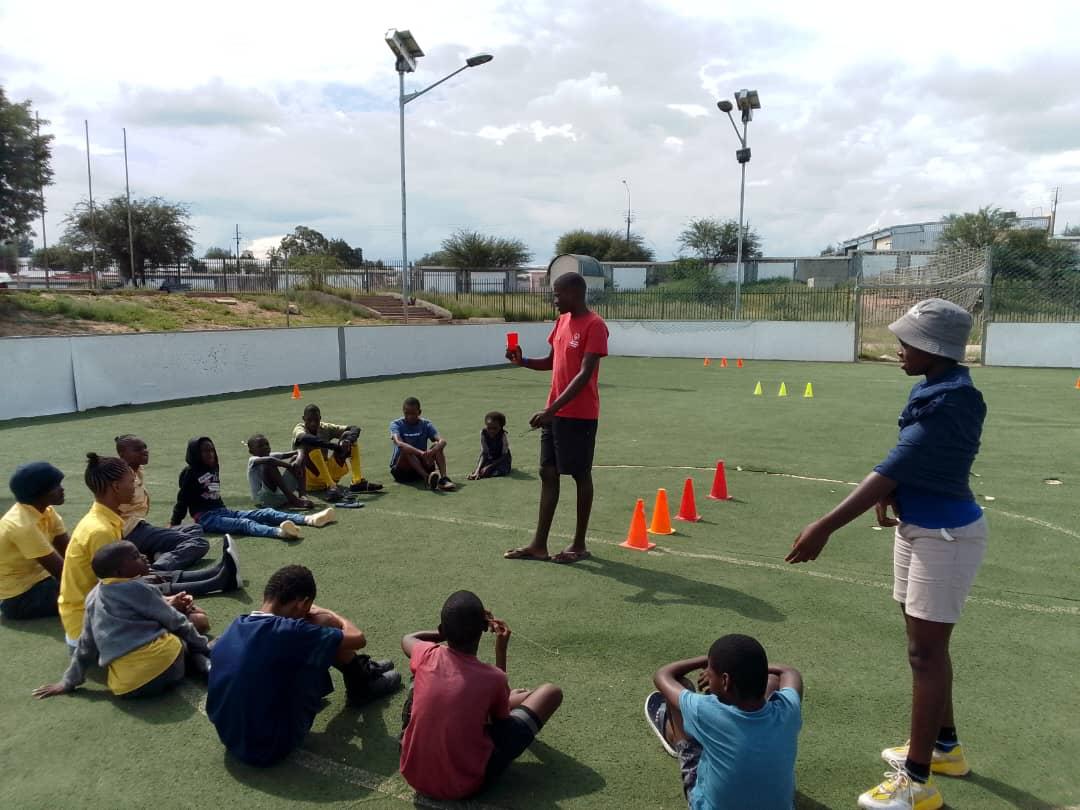Breaking Barriers: Special Olympics Athletes Spark Community Fitness Revolution

Every year on April 6th, the world comes together to celebrate World Day for Physical Activity, a global initiative that champions the transformative power of movement and fitness. This special day serves as a powerful reminder of the critical role physical activity plays in maintaining our overall health and well-being.
At the heart of this celebration is the Special Olympics, an organization deeply committed to promoting physical fitness as a fundamental pathway to personal growth and athletic excellence. Their mission goes beyond competitive sports, focusing on empowering athletes of all abilities to embrace an active lifestyle throughout the year.
By encouraging communities to participate in diverse fitness activities, Special Olympics demonstrates that physical activity is not just about performance, but about building strength, confidence, and connection. Whether through structured sports, recreational exercises, or daily movement, every step taken is a step towards better health and personal achievement.
On this day, individuals worldwide are invited to join the movement, break a sweat, and discover the joy of staying active. Remember, fitness is not a destination, but a lifelong journey of wellness and self-discovery.
